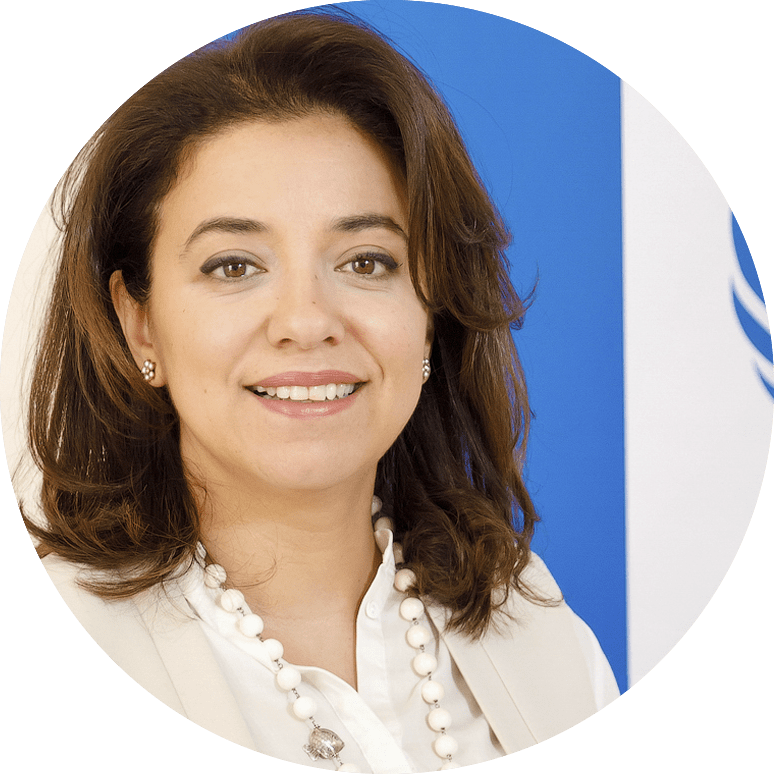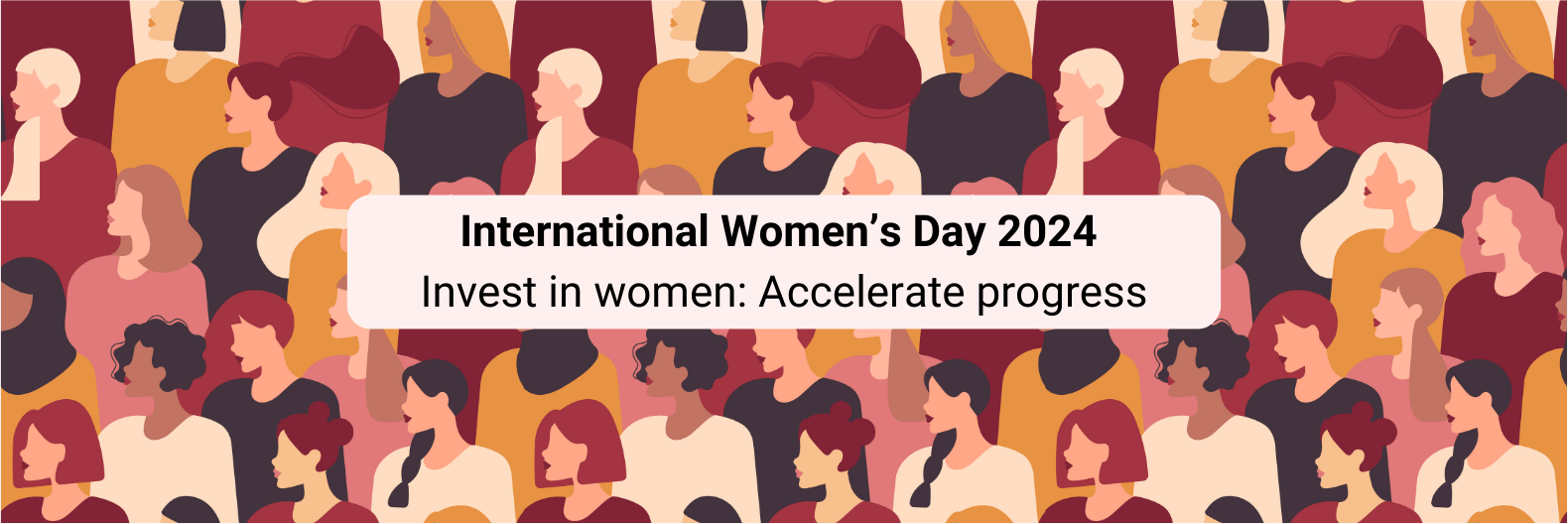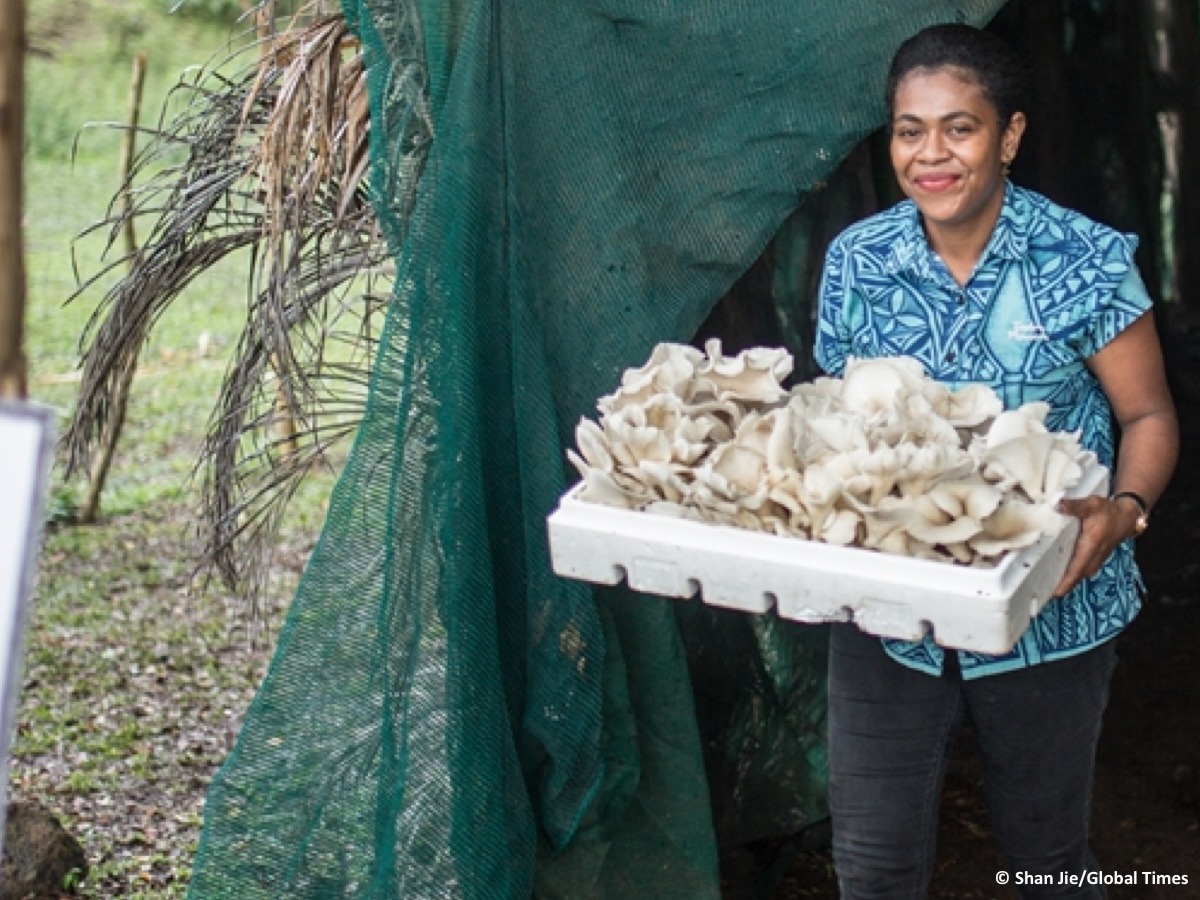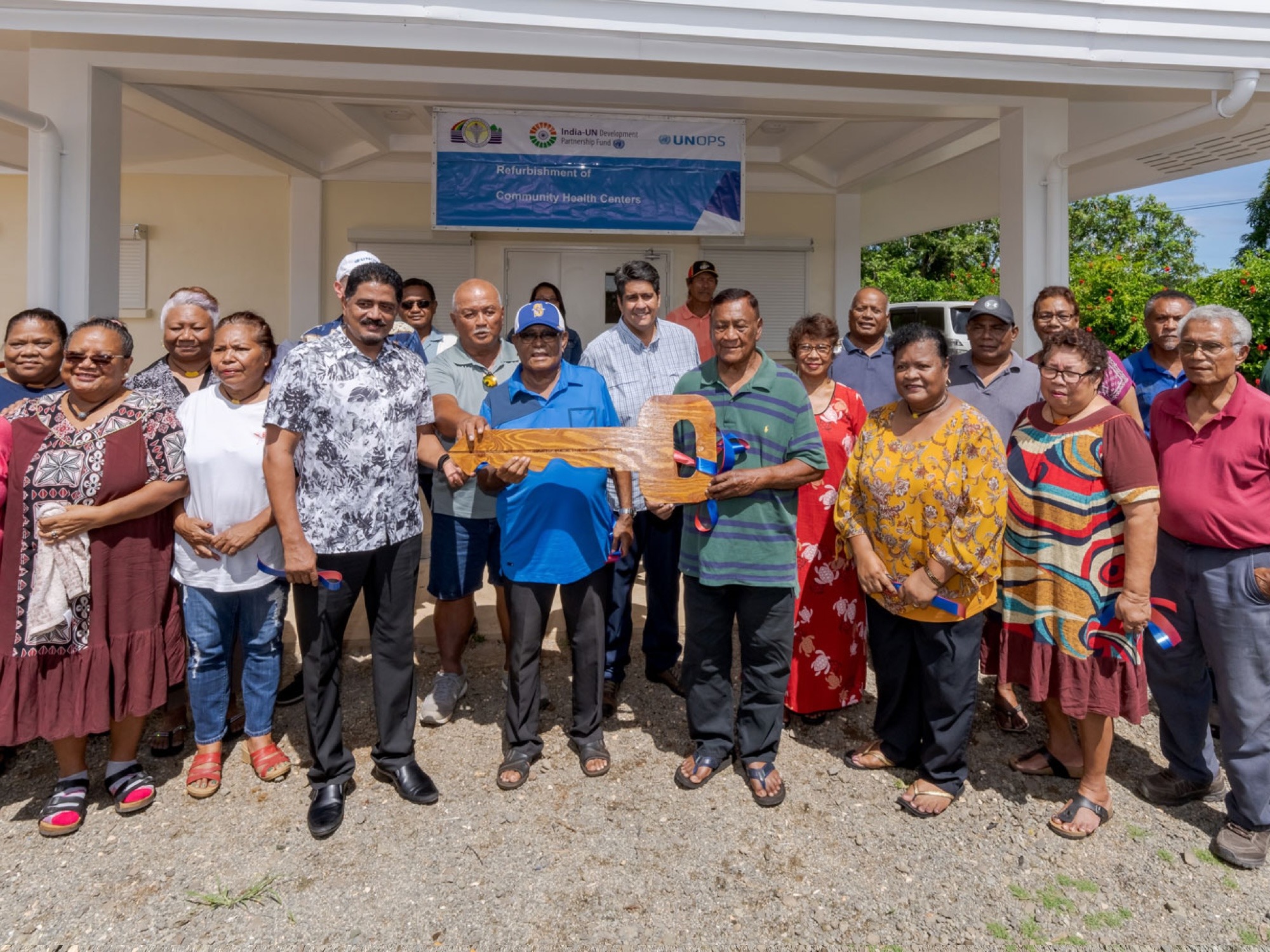As we mark this International Women’s Day under the theme ‘Invest in women: Accelerate progress’, it is crucial to acknowledge the leadership of women in pushing the boundaries for gender equality, women’s empowerment and sustainable development and the progress we have made. It is equally important to reflect on the opportunities and persistent challenges to the achievement of gender parity across the globe.
According to the World Economic Forum’s Global Gender Gap Report 2023, the global gender gap has been closed by 68.1%. However, the journey towards full parity is projected to take 132 years at the current rate of progress. This long horizon is even more daunting when considering how multiple crises, including climate change, disasters, and conflicts, disproportionately affect women and girls and exacerbate existing inequalities.
The twin indices on women’s empowerment and gender equality published in 2023 by the Human Development Report Office also paint a similar picture, and reveal that, on average, women are empowered to achieve only 60 percent of their full potential, as measured by the Women’s Empowerment Index. They achieve, on average, 72 percent of what men achieve across key human development dimensions, as measured by the Global Gender Parity Index, reflecting a 28 percent of gender gap.
These inequalities manifest in various forms around the world, including through disparities in literacy and education enrolment, economic and political disenfranchisement, limited access to healthcare and reproductive rights, lower percentage of women using the internet, and gender-based violence. Addressing these multifaceted issues requires a global, holistic, and inclusive approach to empower women and girls everywhere.
Women in the Global South bear the brunt of the inequality’s impacts, while also struggling to meet their basic needs for food, housing, health care, and access to education, water, and sanitation.
In many cases women and girls are responsible for unpaid work within the household, they may support initiatives in their communities, while also often juggling low-income jobs.
“Poverty has a female face,” UN Women’s Executive Director Sima Bahous reminds us, however, “When more women are economically empowered, economies grow.”
At the United Nations Office for South-South Cooperation (UNOSSC), we understand the profound impact prioritizing women’s interests can have on the prosperity of all humanity and believe South-South and triangular cooperation can serve as an accelerator in this process.
Over the years, UNOSSC has been engaging at the highest levels, emphasizing the centrality of gender equality to the Sustainable Development agenda – especially for women of the South – both through its engagements in international fora and through its portfolio of projects.
It is worth noting that both the recent eighth annual Multi-Stakeholder Forum on Science, Technology and Innovation for the SDGs (STI Forum) and Third South Summit celebrate women’s achievement and underpin the importance of investing in women to accelerate meaningful progress.
The STI Forum Outcome Document advocates for the integration of gender equality into science, technology and innovation policies; emphasizing education, participation, and leveraging technological advancements to promote women’s rights and ensure a gender-diverse, equitable STI ecosystem.
The Declaration of the Third South Summit of the Group of 77 also recognizes that, “gender equality and the full participation of women in all spheres are integral to building a just society for all and must be at the centre of all economic and social development.”
The South-South Trust Funds and programmes managed by UNOSSC provide rich examples of impactful and innovative approaches through which women have enhanced their livelihoods. Recognizing the power of technology to boost horizontal exchanges, UNOSSC also prioritizes the co-creation and documentation of data, knowledge, research, and development experiences from the Global South through two digital platforms, South-South Global Thinkers – The Global Coalition of think Tank Networks for South-South Cooperation, and South-South Galaxy. These platforms are not just repositories of information; they are catalysts for action, connecting stakeholders across borders to share good practices, technologies, and other resources that champion gender equality.
On South-South Galaxy, we are also launching a dedicated Thematic Database on Gender Equality, which pools together many of these resources, including knowledge products, relevant news, events and use cases that highlight the role of South-South and triangular cooperation in promoting the empowerment of women. While we invite you to explore the entire thematic database, we would also like to highlight a few of these important good practices:
The Forest-Fungi Agroforestry System is a project supported by the China South-South Development Center Project and the UN Fund for South-South Cooperation. The initiative merges mushroom cultivation with traditional agroforestry techniques across China, India, Nepal, and Myanmar, aiming to bolster rural economies, ensure food security, and promote sustainable land management. Special emphasis is placed on training local women farmers, thereby enhancing their economic opportunities and nutritional access.
An exemplary model of South-South knowledge exchange and capacity development, the Palau Community Health Center Rehabilitation Project focuses on sustainable healthcare improvements in Palau, with a particular focus on prenatal, maternal, and reproductive health services. Supported by the India-UN Development Partnership Fund, the project showcases how enhanced healthcare infrastructure can significantly uplift the well-being and empowerment of women within the community.
Under the UNCDF ‘Inclusive and Equitable Local Development (IELD) Programme,’ the project Cross-border Market for Transforming the Local Economy and Empowering Women in Tanzania supported the upgrading of the Muhange cross-border market in Kakonko District, Tanzania, at the border with Burundi. The initiative aimed to enhance local economic activity, ensure women’s empowerment, and improve access to basic services. It addressed structural gender inequalities and boosted local government revenue, food security, and livelihoods. The market also provided a safer, more hygienic trading environment, especially benefiting women traders and the local community.
On this occasion we are pleased to inform you that UNOSSC is engaging with partners to co-organise a side event during the sixty-eighth session of the Commission on the Status of Women (CSW68). We encourage you to join the event focusing on leveraging South-South cooperation for gender equality, reflecting on experiences from the Global South and on how to promote gender equality through collaborative efforts among Southern nations.
At the heart of all 17 Sustainable Development Goals lies the universal principle of gender equality. It stands on its own as an essential goal, while simultaneously serving as a dynamic force that propels global sustainable development forward. The active involvement, rights, and empowerment of women and girls are not just desirable—they are indispensable for the successful realization of the ambitious 2030 Agenda. The spirit of cooperation ignites a collective strength, enabling countries to transcend their individual limitations and amplify their impact on a global scale. In harnessing the synergies of South-South cooperation, we are not only accelerating progress towards gender parity but also crafting a resilient tapestry of support that withstands the test of time. These alliances are a testament to what can be achieved when countries unite under a banner of mutual growth and understanding, paving the way for a future where the empowerment of women and girls is not an isolated victory, but a shared triumph.




